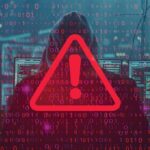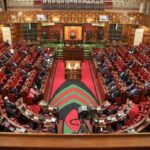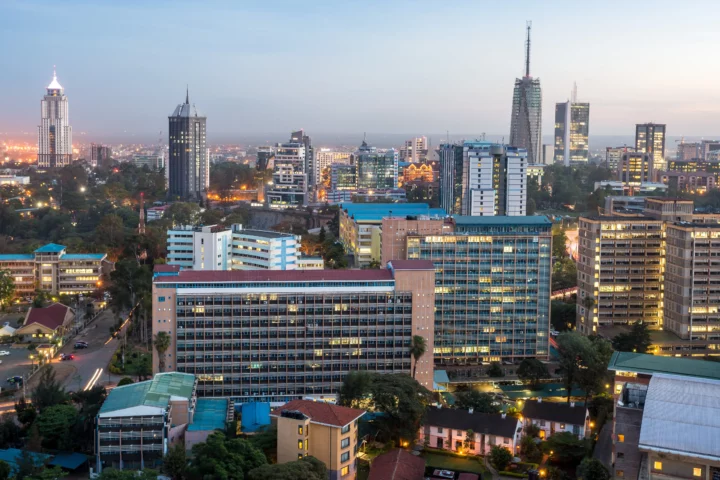South Sudan has been urged to revise its National Security Service Amendment Bill in order to address the agency’s arbitrary arrests and other abusive practices, according to human rights groups Amnesty International and Human Rights Watch.
In a joint letter to the South Sudan national legislative assembly, the two organisations highlighted the “problematic” provisions of the bill and called for a comprehensive review and revision to ensure greater oversight and accountability for the National Security Service.
The current National Security Service Act of 2014 grants the agency wide-ranging powers that have been used to commit serious human rights abuses with impunity. This has created a climate of repression and fear, leading to a shrinking of civic space in the country. Organisations and individuals critical of the government have faced arbitrary arrests and harassment by the security agency.
The lack of judicial and legislative oversight has allowed the agency to operate without accountability. Agents implicated in human rights abuses are rarely punished, leading to a culture of impunity within the agency. The government has also shown a lack of political will to address these systemic issues, further perpetuating the cycle of abuse.
The joint letter from Amnesty International and Human Rights Watch emphasised the long-term physical and mental health consequences suffered by victims of the agency’s abuses. The arbitrary arrests and harassment have had a devastating impact on individuals and their families, leading to trauma and psychological distress.
The bill to amend the 2014 law currently before parliament has been the subject of intense debate and discussion in South Sudan. This bill, which was drafted by the National Constitutional Amendment Committee (NCAC) as part of the reforms initiated by the September 2018 peace deal, aims to address the issue of the agency’s authority to make arrests.
One of the key points of contention surrounding the bill is the agency’s authority to arrest and detain suspects. This issue has been a source of disagreement among committee members, resulting in the bill being referred to the Justice Ministry in 2019 and then to the presidency in April 2021 for resolution.
In December 2022, the justice minister recommended to the cabinet and presidency that the agency’s authority to arrest and detain suspects be limited. This recommendation was made in response to concerns about the potential abuse of power by the agency.
In February 2023, it was reported that the presidency had agreed to abolish the agency’s authority to arrest and detain people, with or without a warrant. This decision was seen as a positive step towards ensuring the protection of human rights and preventing the abuse of power.
Aside from addressing the issue of arrest and detention authority, the bill also includes a number of positive provisions. These provisions are founded on a respect for human rights and aim to prohibit torture, cruel, inhuman, and degrading treatment. Additionally, the bill prohibits detention or confinement by security agents.
However, despite these positive provisions, there are concerns about potential loopholes in the bill that could be subject to abuse. While sections 54 and 55 of the National Security Service Act, which granted the agency the authority to arrest with or without a warrant, are to be revoked, the bill still permits the agency to make arrests under emergency circumstances. This allows room for potential abuse and raises concerns about the protection of individual rights.





























